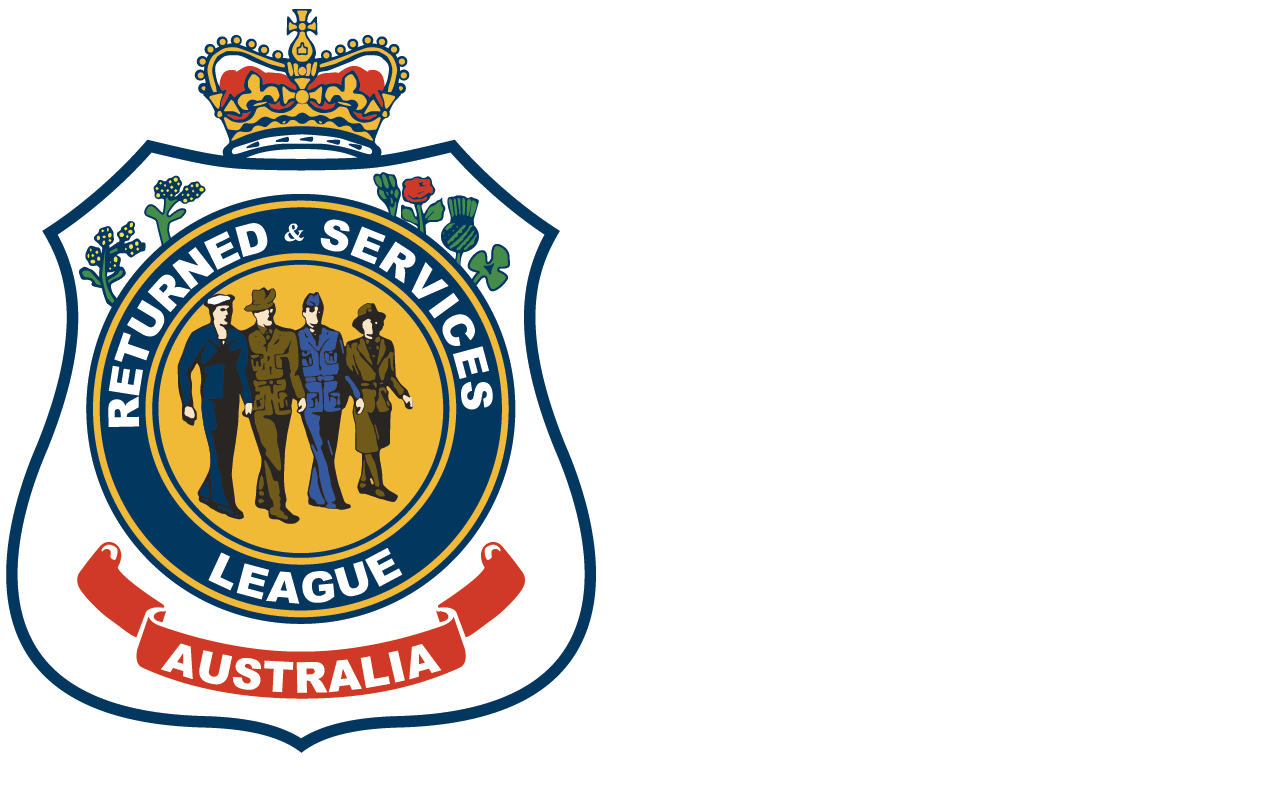Translating Military Experience
The RSL Veterans’ Employment Program can help you translate your military experience into plain language for civilian employers.
After serving your country, transitioning back into civilian life can be a challenging process. One of the most crucial aspects of this journey is effectively translating your military skills and experience into a civilian context. For many veterans, articulating these experiences in a way that resonates with employers or educational institutions can seem like learning a new language altogether.
Linking in with an RSL Employment Program is a great first step when it comes to translating your military experiences; our employment consultants are fluent in both military ‘language’ and that of the civilian workforce.
This article provides 10 actionable tips to help you bridge that gap and effectively communicate your value as a veteran to potential employers or educational institutions.
1. Know Your Audience
Before applying for a job or enrolling in an educational course, it’s vital to do some research about the organisation you're interested in. What is their mission? What are their values? What kind of culture do they have? Knowing these can help you better align your military skills and experiences with what the organisation is looking for. This tailored approach demonstrates that you’re not only skilled but also highly relevant.
2. Translate Military Jargon into Civilian Terms
Within the military, jargon and acronyms are commonplace, serving as a sort of shorthand for complex operations and roles. While this language may have been second nature to you during your service, it is often incomprehensible to civilian employers. Take time to rephrase your experience in a way that’s easily understood.
The Department of Defence offers online training and skills guides, which articulate military tasks and skills in civilian language for each military rank. Call on civilian friends to gauge how effectively you’ve translated military jargon, and don’t hesitate to seek expert guidance. After all, this is the first crucial step in a successful civilian career.
3. Highlight Transferable Skills
Your military service has endowed you with a unique skill set that goes far beyond tactical and physical capabilities. Skills such as leadership, communication, teamwork, problem-solving, and time management are all transferable to civilian roles. Create specific examples to illustrate how these skills were applied in your military career and how they can benefit your future employer or educational institution.
A handy online tool is DVA’s Core Skills Identifier, which enables you to enter your rank to see the types of skills you might have gained spelled out in plain language.
4. Use Civilian-Friendly Job Titles
The titles used in the military can be confusing and intimidating for civilian employers. A simple yet effective way to make your experience more relatable is to use civilian-friendly job titles on your CV or application form. However, ensure that the title you choose accurately represents the scope and level of responsibility you had, so as not to mislead potential employers – or undersell yourself!
5. Focus on Results and Achievements
Civilian employers appreciate quantifiable achievements. Instead of just listing your duties, emphasise the results. For example, if you were responsible for equipment maintenance, specify that you maintained a 100% operational readiness rating for your unit. Such specific, measurable accomplishments not only validate your skills but also give employers a sense of what you can bring to the table.
6. Don't Underestimate Soft Skills
Military service requires a high degree of adaptability, resilience, and resourcefulness—traits that are equally valuable in civilian roles. Whether you’re applying for a job in corporate management or as a community liaison, these soft skills are in high demand. Use real-life scenarios to illustrate how you applied these traits during stressful or complex situations.
7. Leverage Professional Development
The military often provides excellent training and professional development opportunities, ranging from technical certifications to leadership training. These can be highly beneficial in civilian roles, so make sure to list them on your CV. Even if they aren’t directly related to the job you’re applying for, they demonstrate a willingness to learn and grow; traits valued in any setting.
8. Network with Other Veterans
Fellow veterans who have successfully transitioned into civilian roles can provide invaluable advice and contacts. Many cities and online platforms have veteran communities that offer networking events, mentorship programs, and even job fairs tailored specifically for veterans. These communities can provide insights that are directly applicable to your career transition journey.
9. Practice, Practice, Practice
The ability to articulate your experience convincingly requires practice. Don’t hesitate to perform mock interviews with friends or mentors, especially those who have civilian hiring experience. Work on tailoring your CV for different roles and continuously update it as you acquire new skills or remember additional relevant experiences from your military career.
10. Seek Professional Help
There are numerous organisations and agencies in Australia dedicated to assisting veterans in their career transitions, including RSL Employment Programs. You will benefit from one-on-one career coaching services that are offered free to veterans and their partners. This includes support in writing resumes and cover letters, job interview preparation, career navigation and guidance on training pathways.
Find out more about the services available to you through RSL Employment Programs.
Want to see more content like this? Find resources for job-hunters here

